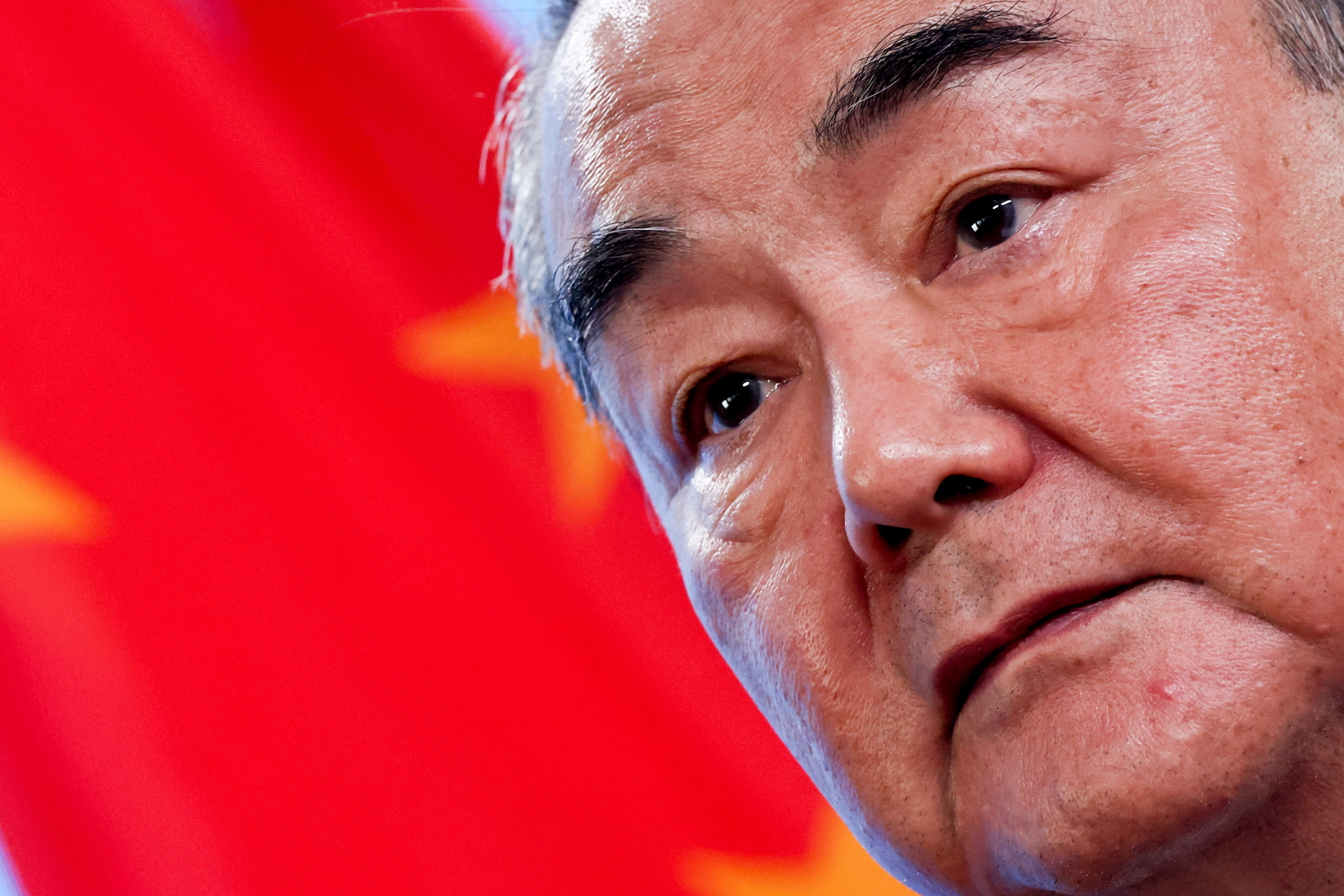China beats the EU in key raw materials. They treat us like a supplicant

- China has no intention of giving up the advantage it has in controlling the production of rare earth elements.
- The EU has no tools to put pressure on Beijing.
- At the end of the decade, the Chinese will still dominate the industry.
Wang Yi's visit is a kind of consultation before the summit of European leaders with Chinese counterparts planned for the end of July. In theory, Donald Trump's policy on tariffs has brought the European Union and China closer together economically, but in practice the rivalry between the two sides is growing.
Rare earth elements are a manifestation of this . Europe would like to see more supplies from China, but China uses them as a tool of influence.
"Rare earth elements were not, are not and will not be a problem between China and Europe or between China and Germany," Wang said, according to Reuters.
- If legal proposals are submitted, the normal needs of Europe and Germany can be met, the politician added.
Analysts comment on this briefly: Beijing wants to achieve its goals through elements . And the most important one is economic domination.
Elements necessary for the latest technologiesWhat are rare earth elements anyway? This is a group of 17 elements, including 15 so-called lanthanides (lanthanum, cerium, praseodymium, neodymium, promethium, samarium, europium, gadolinium, terbium, dysprosium, holmium, erbium, thulium, ytterbium and lutetium) as well as scandium and yttrium. The name "rare earths" is at least partly misleading, because four of the elements discussed are quite common in the Earth's crust. The remaining 13 are slightly less frequently represented.
The problem is that their density is very low, which makes economically efficient production difficult. As if that were not enough, the production process itself is difficult and energy-intensive.
And of course, one may ask oneself whether their production is therefore necessary? Unfortunately, the answer is yes. Without these elements, some mass-market products, such as mobile phones, computers or electric cars, would work much worse or not at all.
It should also be emphasized that the elements discussed are of great military importance . They are used in electronic components of military weapons or equipment.
China knows its position and uses it ruthlesslyYi's words came after Beijing imposed restrictions in early April requiring exporters to obtain licenses from Chinese authorities. In practice, under the guise of a lack of export licenses, the Chinese communists manually control who gets the elements and who doesn't.
German Foreign Minister Johann Wadephul said the restrictions caused “serious concern” and damaged China’s image in Germany as a reliable trading partner.
At the same time, according to Reuters, he softened these words by stating that the parties are on the way to finding balanced solutions that will bring the necessary relaxation.
However, when Wang Yi was asked whether an agreement on restrictions could be reached, he replied:
This is not a China-Europe issue, dual-use goods control is standard practice. Both China and Germany have the right to do so.
The words of the Chinese minister practically eliminate the room for discussion. China does not plan to make concessions. It has built an advantage that it now jealously guards.
Beijing dominates rare earth marketBeijing can afford to make any concessions it wants because it has built a competitive advantage in the field of rare earth elements over the years. This has not always been done ethically. Suffice it to recall that when a Western company planned a large investment project in the field of mining or processing elements, the prices of the elements would rapidly decline because Beijing would throw additional quantities of them onto the market. This usually meant that the project was economically ineffective and often abandoned.

It was only in the last two years, when China began to effectively suspend deliveries, that some countries stated that the projects had to be supported by the central government for reasons of national security.
For now, however, no one can match China. According to analyses by the specialist industry media The Northern Miner, the Chinese control as much as 53.3 percent of rare earth elements sources . Their own resources, estimated at 44 million tons, include the so-called sphere of influence (Thailand, Vietnam, Tanzania and Cambodia) with another 4.3 million tons of resources.
In comparison, American resources are 1.9 million tons. However, large business influences in South America strengthen the US position through Brazilian resources estimated at 21 million tons. This means a sphere of influence of about 25.2 percent.
The Northern Miner also lists a coalition of willing parties, which includes resources from Canada, Australia and Europe. However, they total about 8 million tons.
And since the rest of the reserves are concentrated mainly in countries like Russia, India and South Africa, Western countries have a relatively small piece of the pie.
Beijing's even greater advantage in element productionBut that's not the end of the problems. Mining is one thing, extraction is another. In 2020-23, China and its "friendly" countries' share in element production reached over 90 percent.
A particularly interesting case is the production of magnets from rare earth elements - critical elements for electric vehicles, defense technologies and new technologies in general.
In the years 2020-2023, as much as 99.4% of magnets came from China (and its sphere of influence). Although governments of individual countries are trying to change this, it is going slowly. By the end of the decade, China is supposed to control the production of "only" 89.7% of magnets.
The European Union is still lagging behind. The richest territory belonging to the Community is Greenland. The problem is that quick decisions and big money are needed to use them. For now, however, decisions are definitely lacking.
wnp.pl




